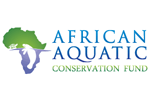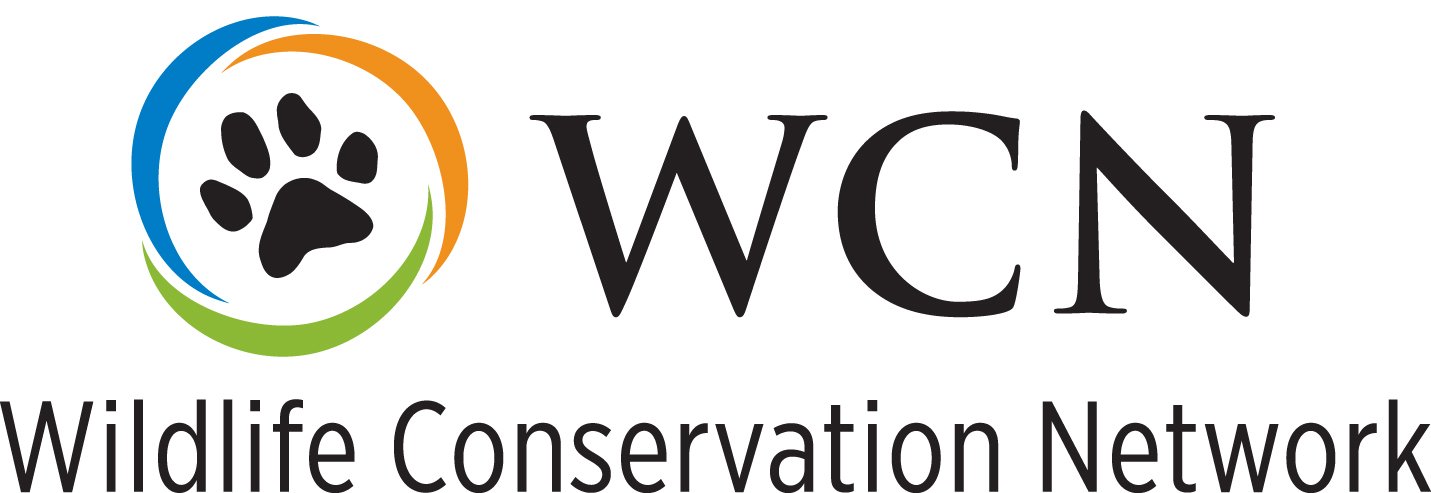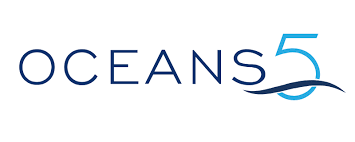Press Release: AMMCO Kicks off Largest Ocean Access Program in Cameroon
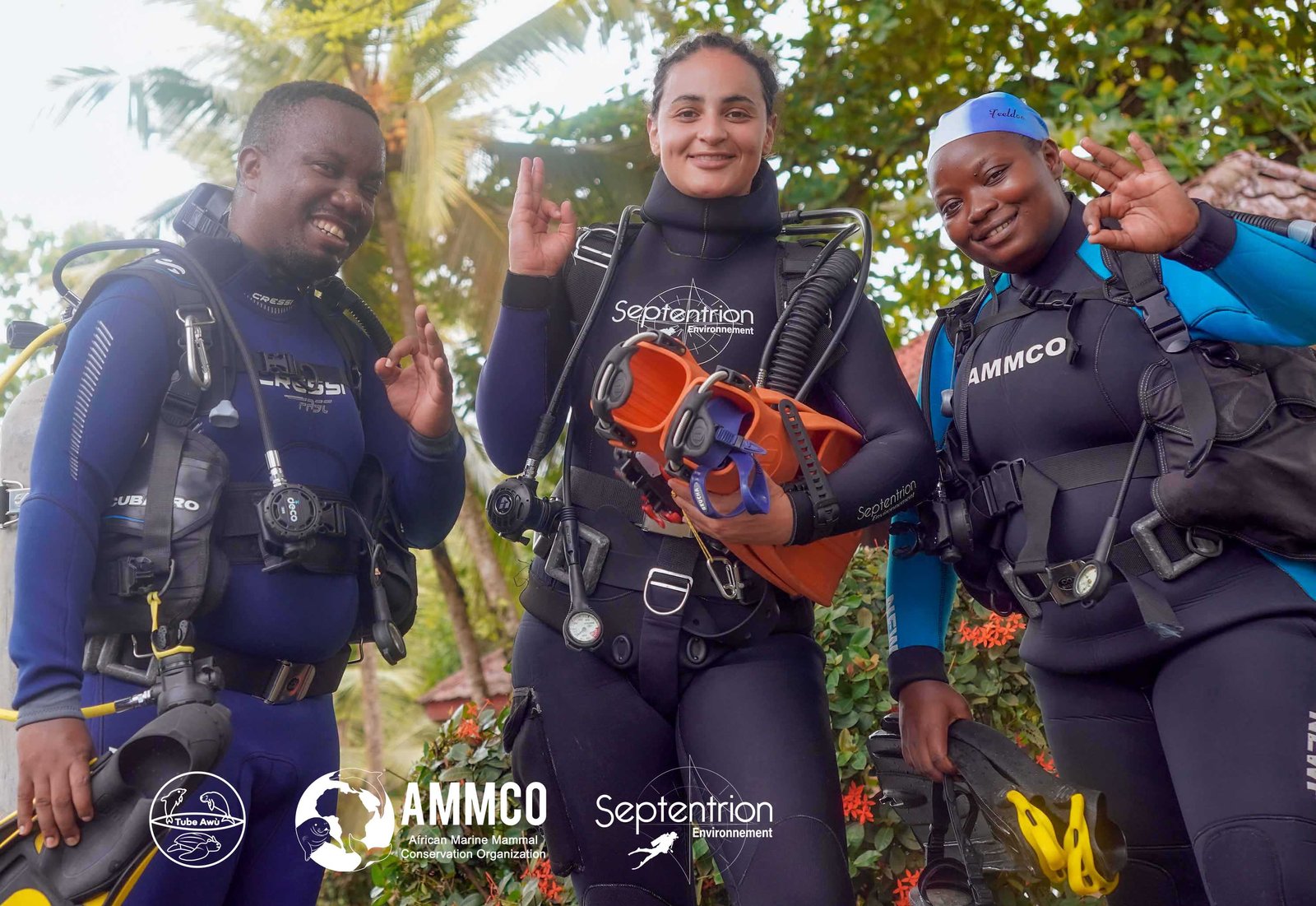
Limbe, 07 May 2025: Marine conservation and research in Cameroon have largely taken place from the surface of the water for years now. But to create a lasting impact, we realised we must go beneath the waters—to interact directly with marine species and understand their daily realities. This firsthand experience is essential for making informed conservation decisions.
This vision led to the birth of Cameroon’s largest ocean access initiative—an ambitious program aimed at training the next generation of ocean guardians in scuba diving. These include: marine scientists, conservationists, and members of coastal communities such as fishers.
“Cameroon’s waters are incredibly rich, yet vastly underexplored,” says Kamla Aristide, President and Founder of the African Marine Mammal Conservation Organisation (AMMCO). “We need to identify the species in our waters, understand the challenges they face, and find appropriate solutions. The time to act is now.”
Our work goes beyond underwater exploration. We believe that creating real impact means building strong partnerships with like-minded organisations and coastal communities to address the pressing conservation challenges of our time jointly.
In that spirit, AMMCO has partnered with Septentrion Environnement and Tube Awù to train new ocean guardians across Cameroon. Funded by the Comité Français de l’UICN, under its ProBioDev Program, and additional support from the National Geographic Society, this activity is part of a larger project which is aimed at supporting the conservation and restoration of biodiversity in the Manyange na Elombo Marine National Park, located in the South Region of Cameroon. One key focus is the restoration of the park’s severely depleted coral reefs.
Corals play a vital role in marine ecosystems: they provide food, shelter, and breeding grounds for countless fish species. However, overfishing, climate change, and rising ocean temperatures are causing widespread coral degradation, threatening biodiversity and local livelihoods.
Through this program, local fishers, marine scientists, and conservationists are trained in scuba diving, equipping them to actively participate in coral reef restoration efforts within the park.
For over two weeks (April 22 – May 5, 2025) in the coastal town of Limbe, Cameroon, these ocean guardians were trained in scuba diving and earned certification. Beyond diving, they gained essential ecological monitoring skills: identifying marine species, assessing ecosystem health, monitoring water quality, and analysing habitat interactions. These capabilities are critical for informed, science-based marine conservation.
Together, we are forging a future where conservation is informed, inclusive, and deeply connected to the sea.
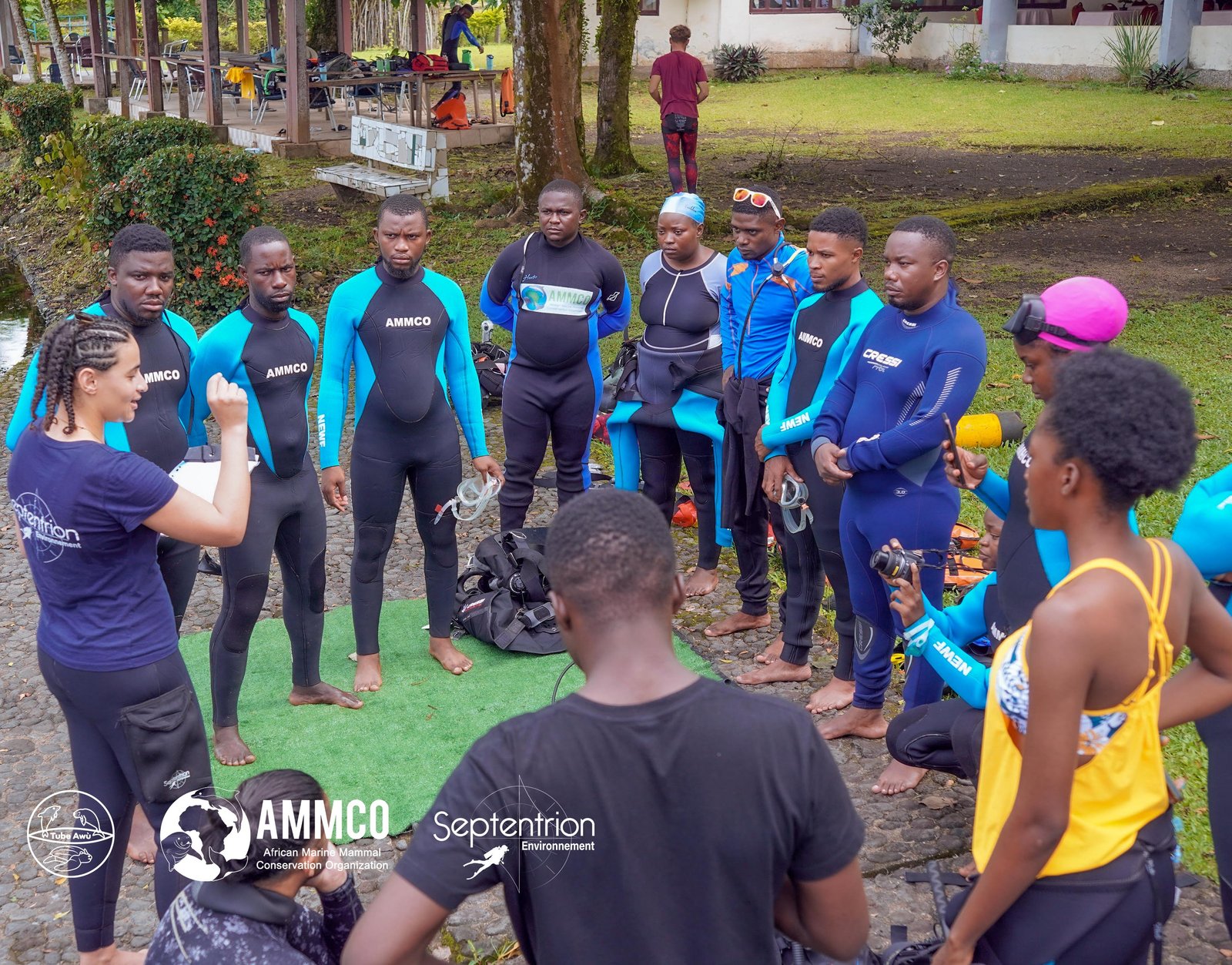

.jpg)
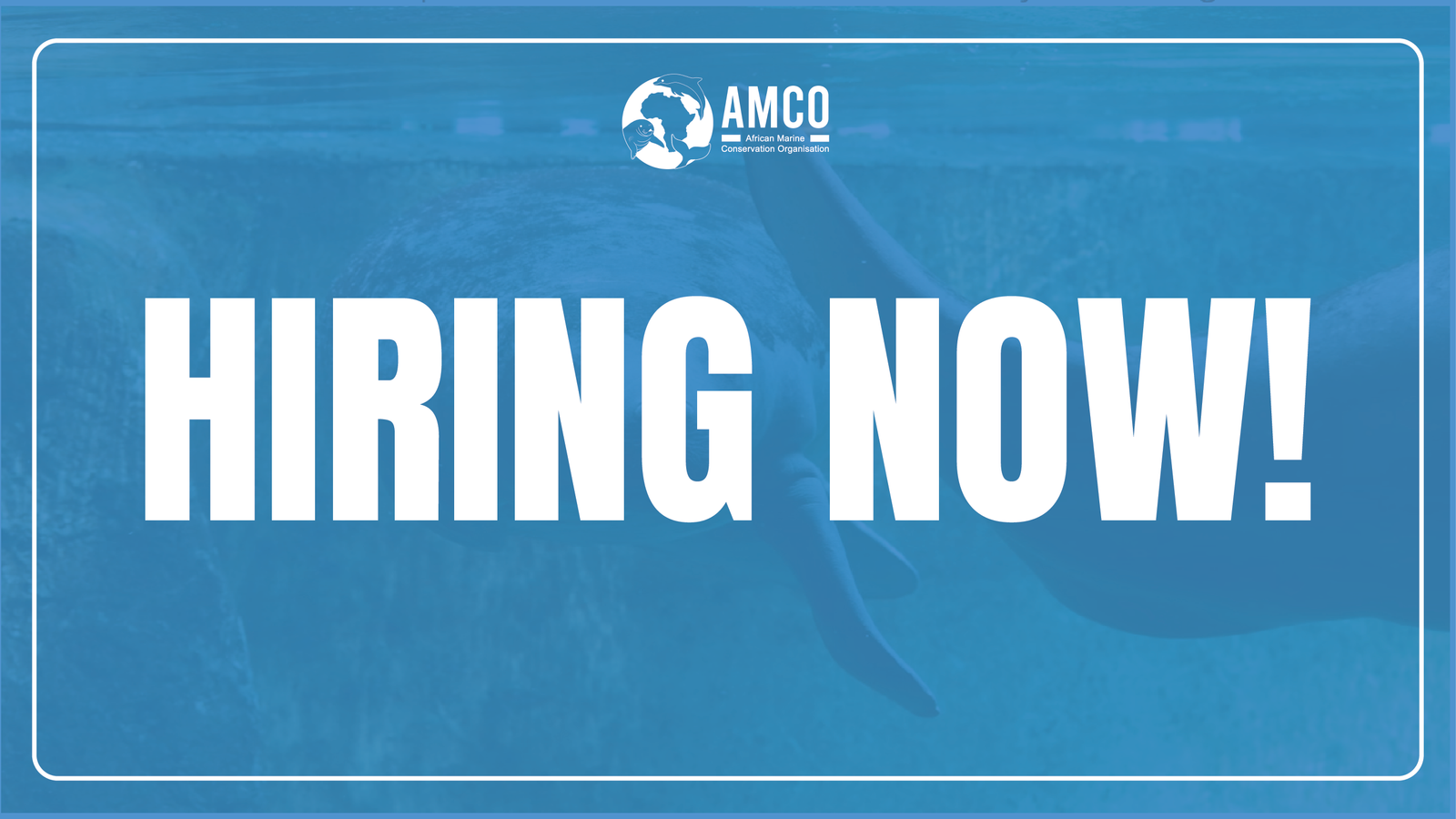
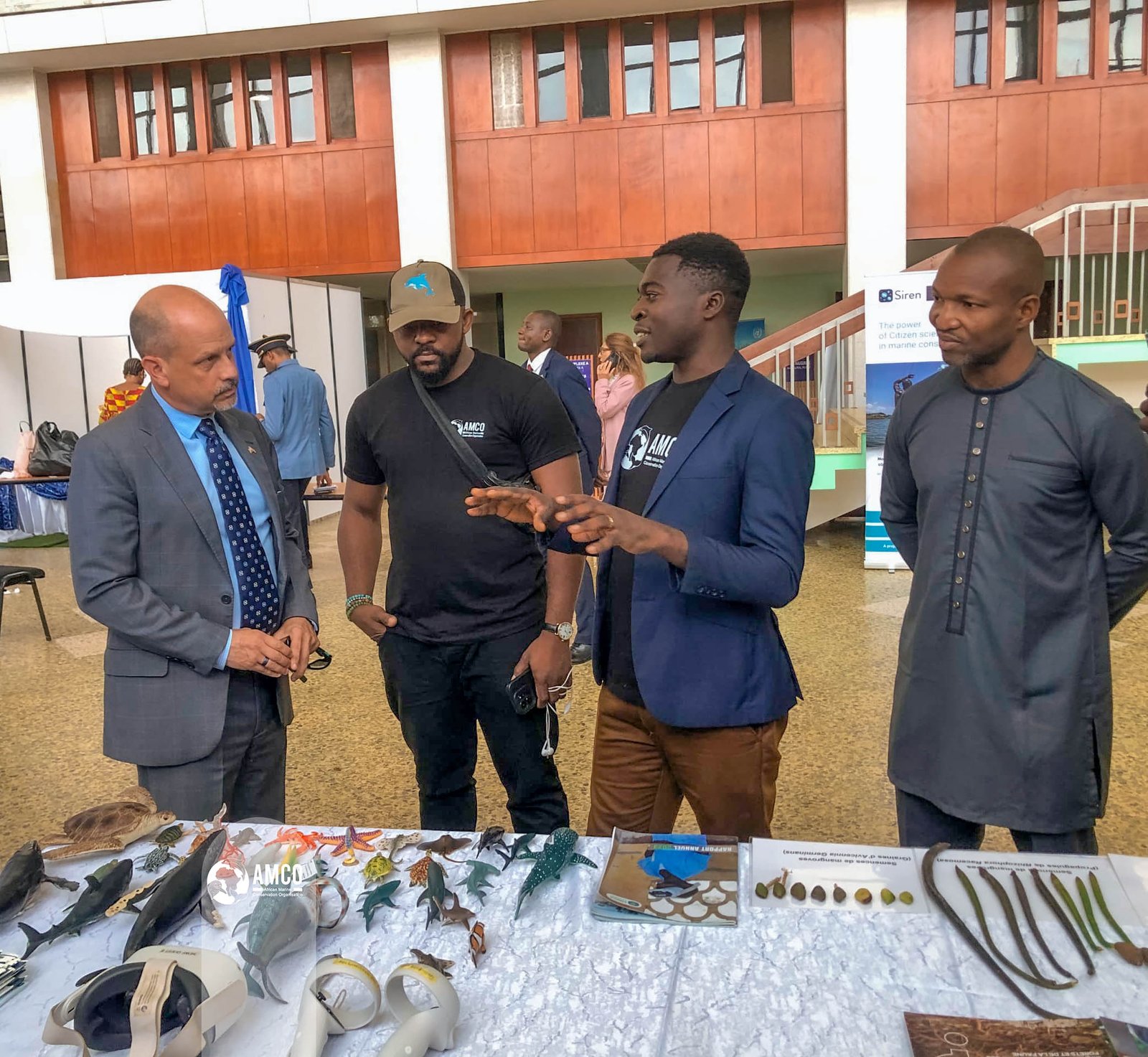

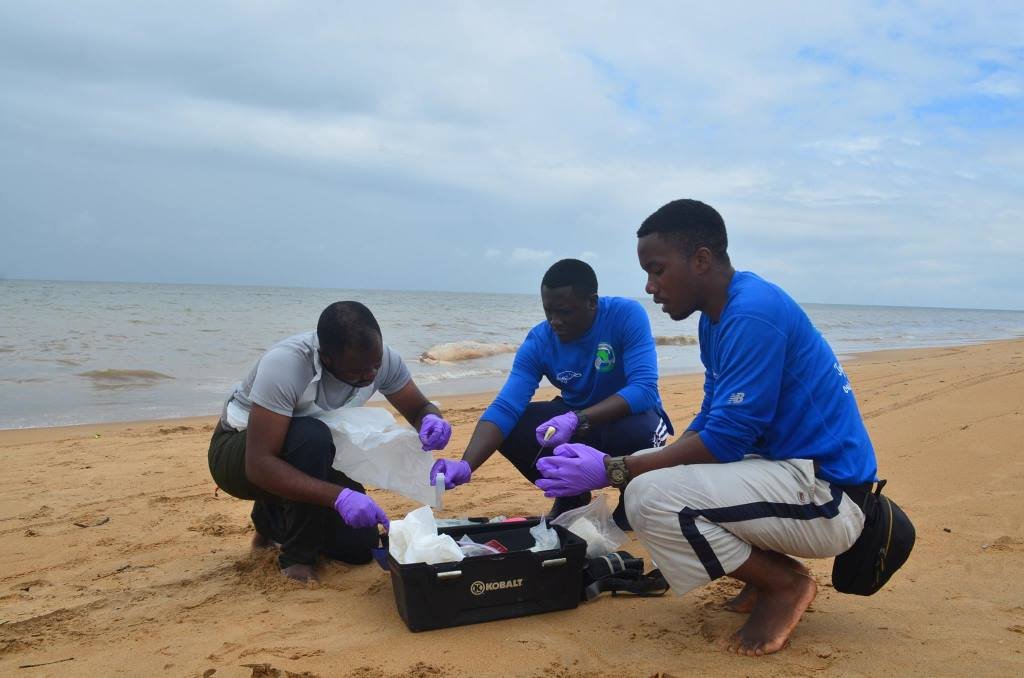
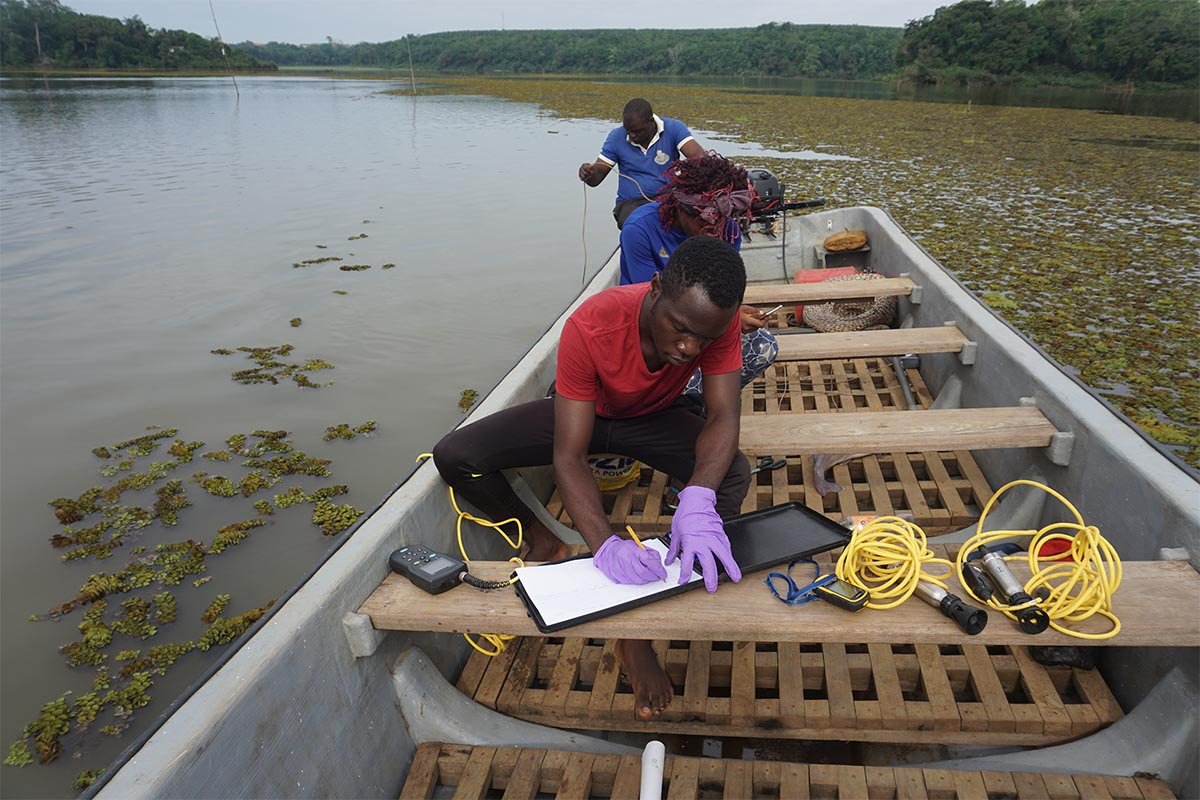

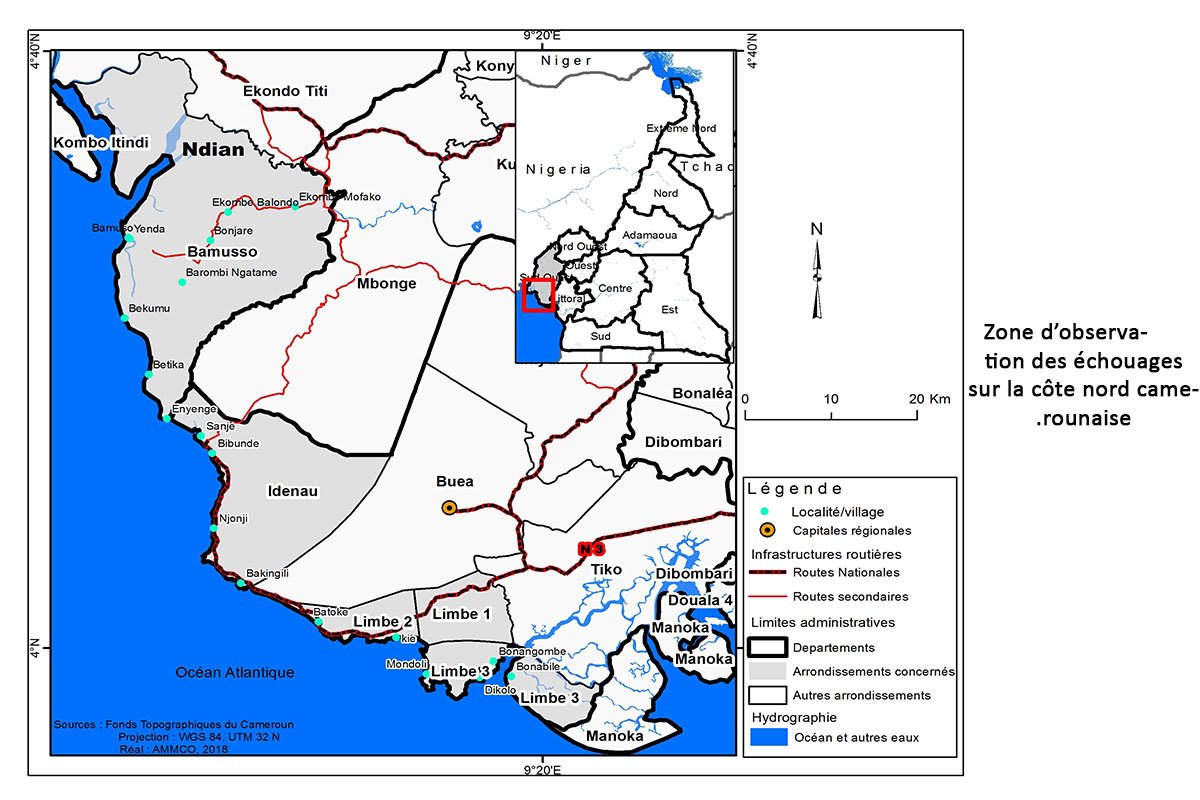
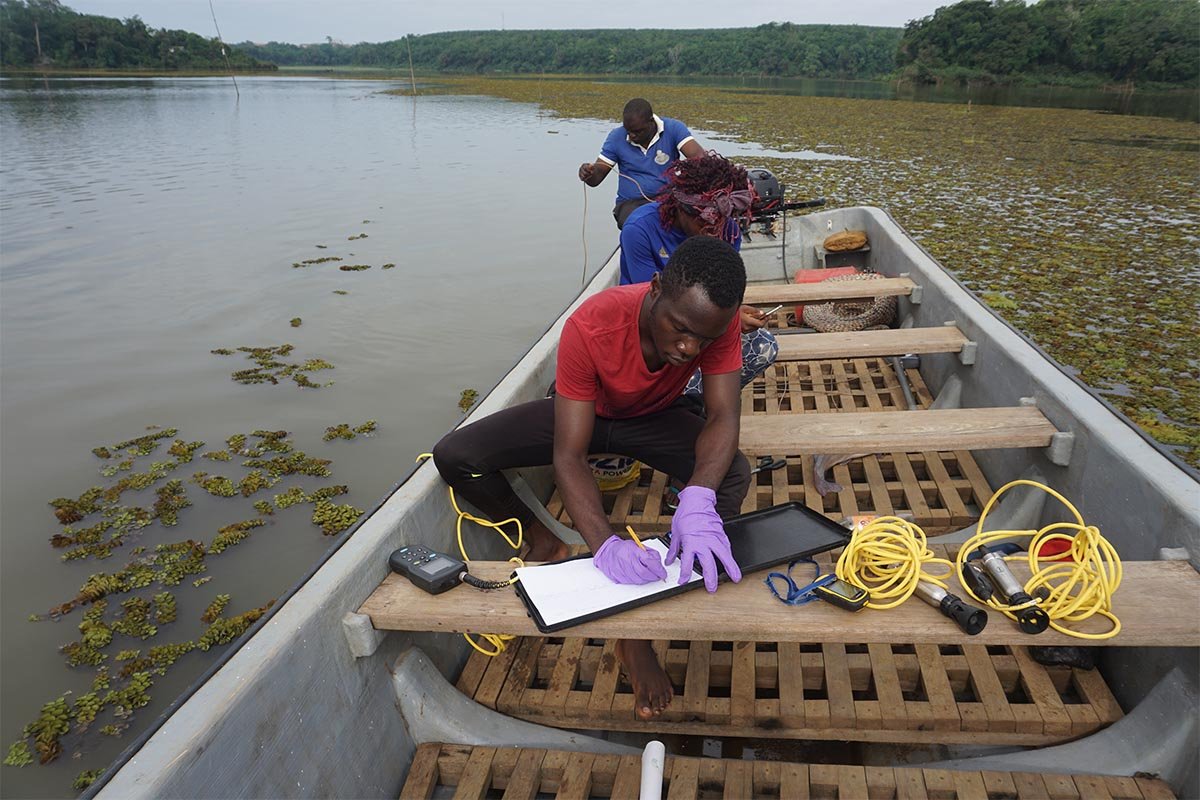
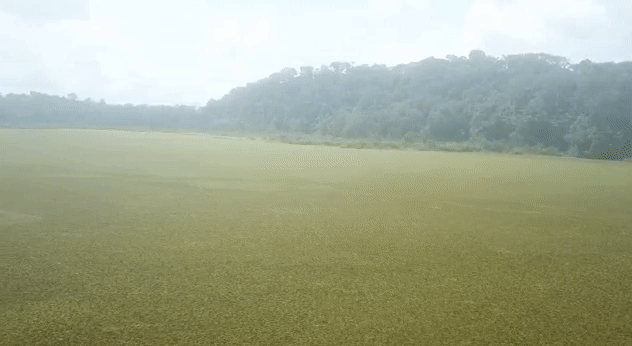
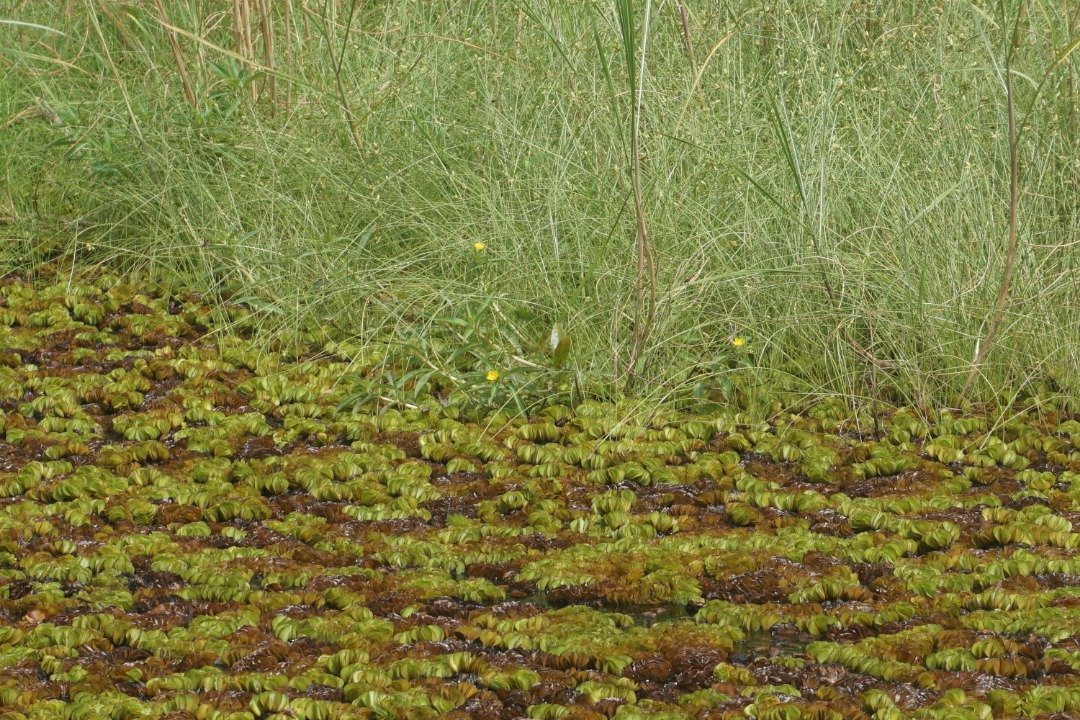
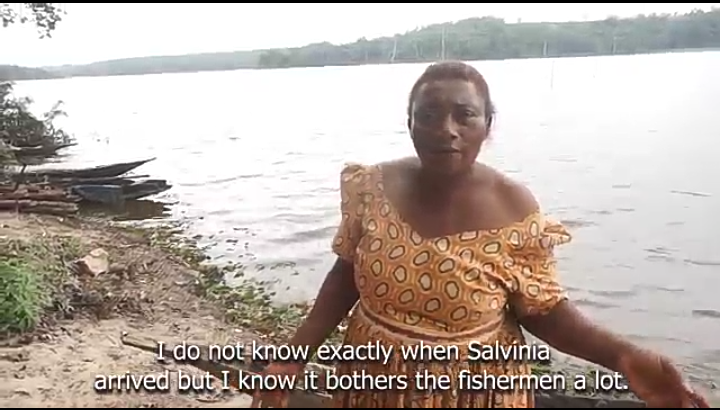




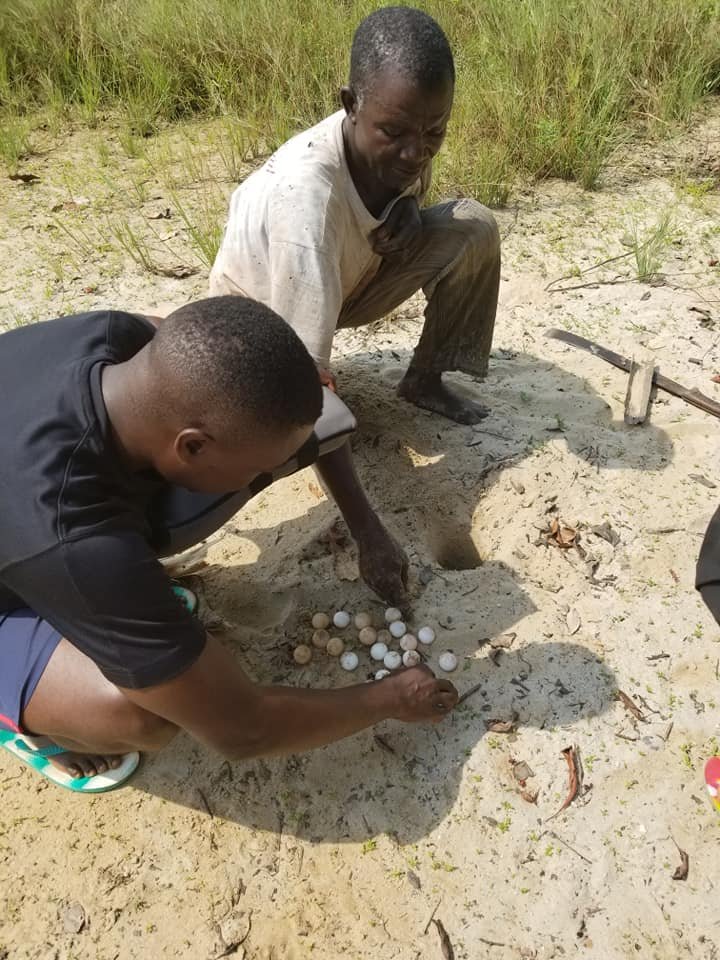
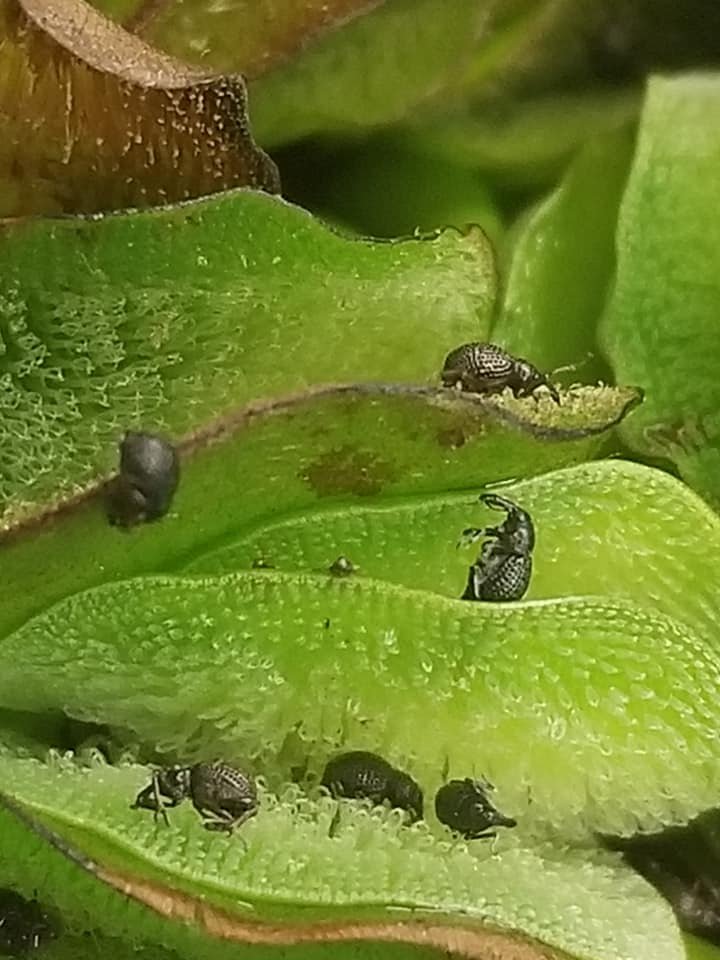
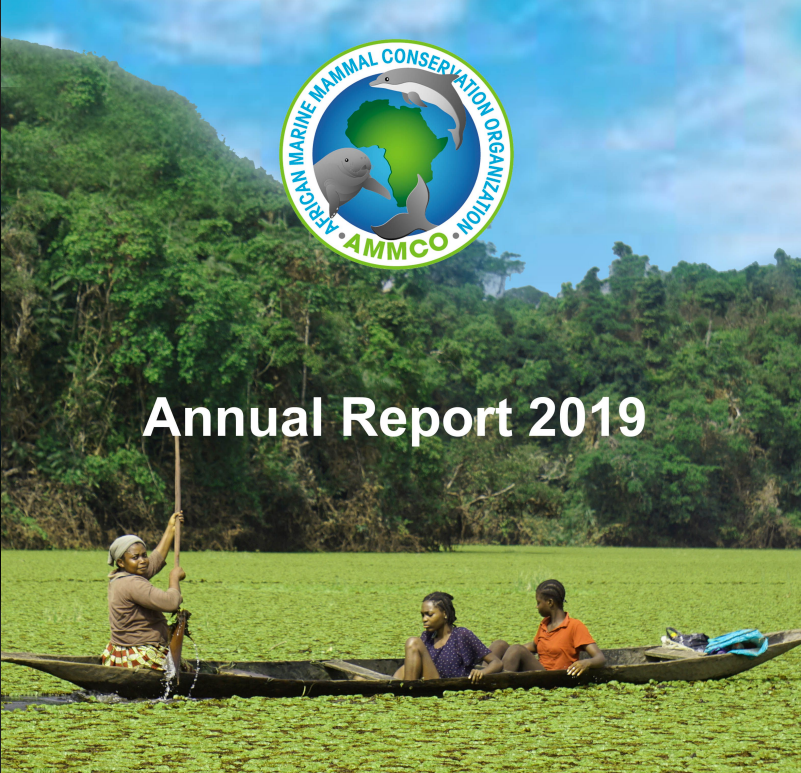
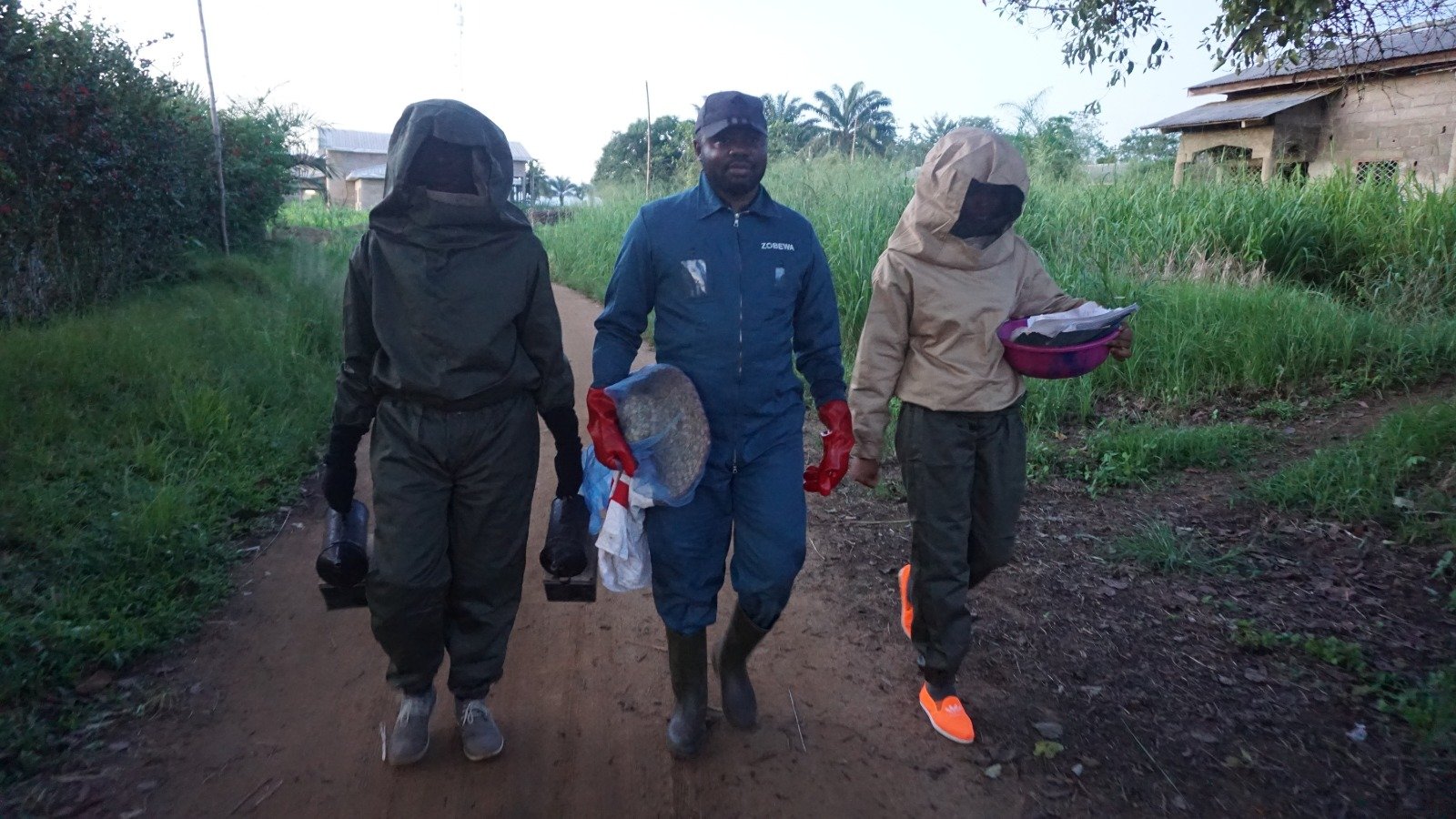



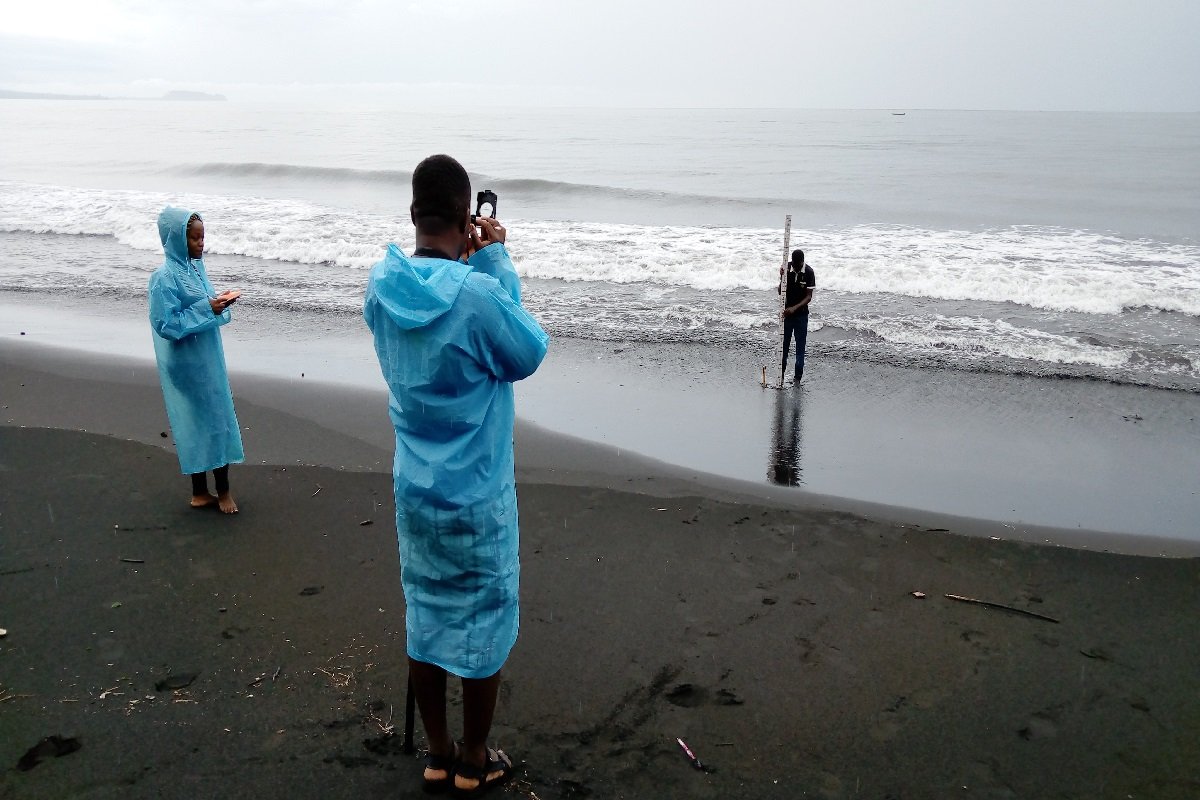
.jpg)

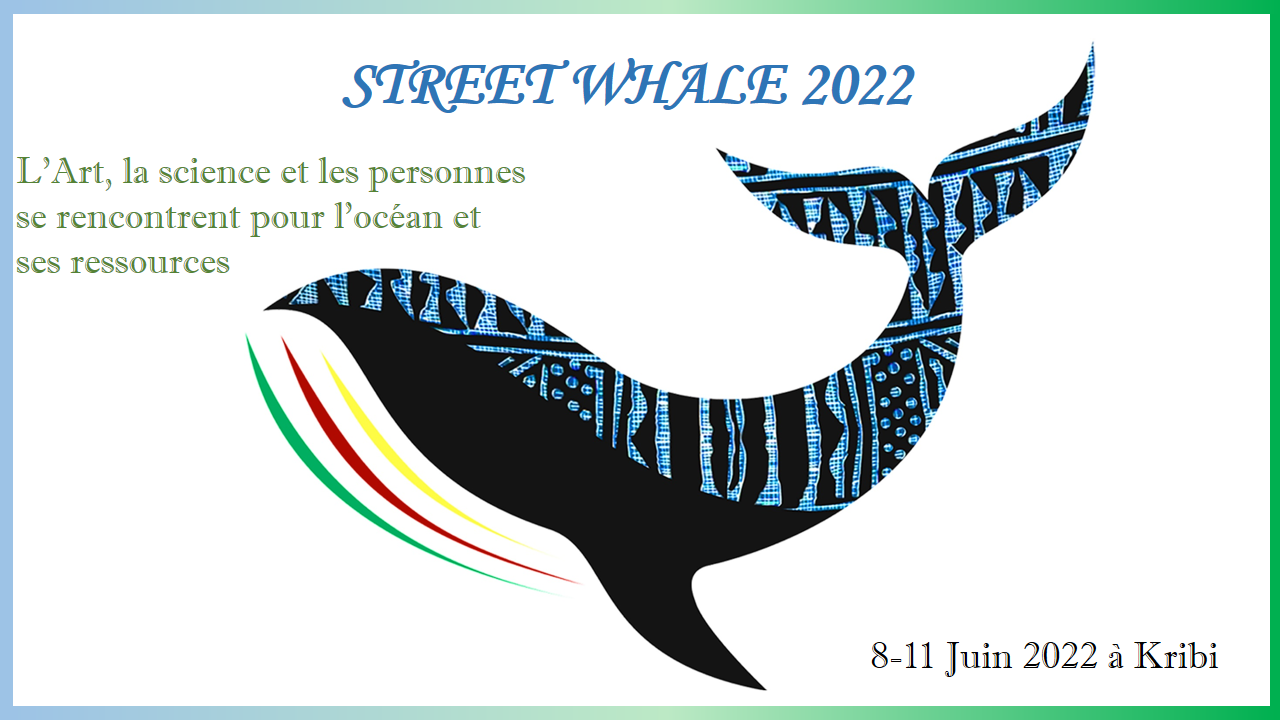
.jpeg)

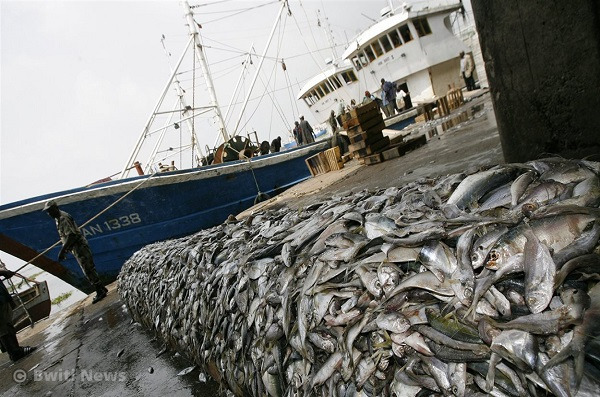

.jpeg)



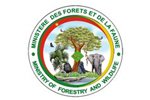
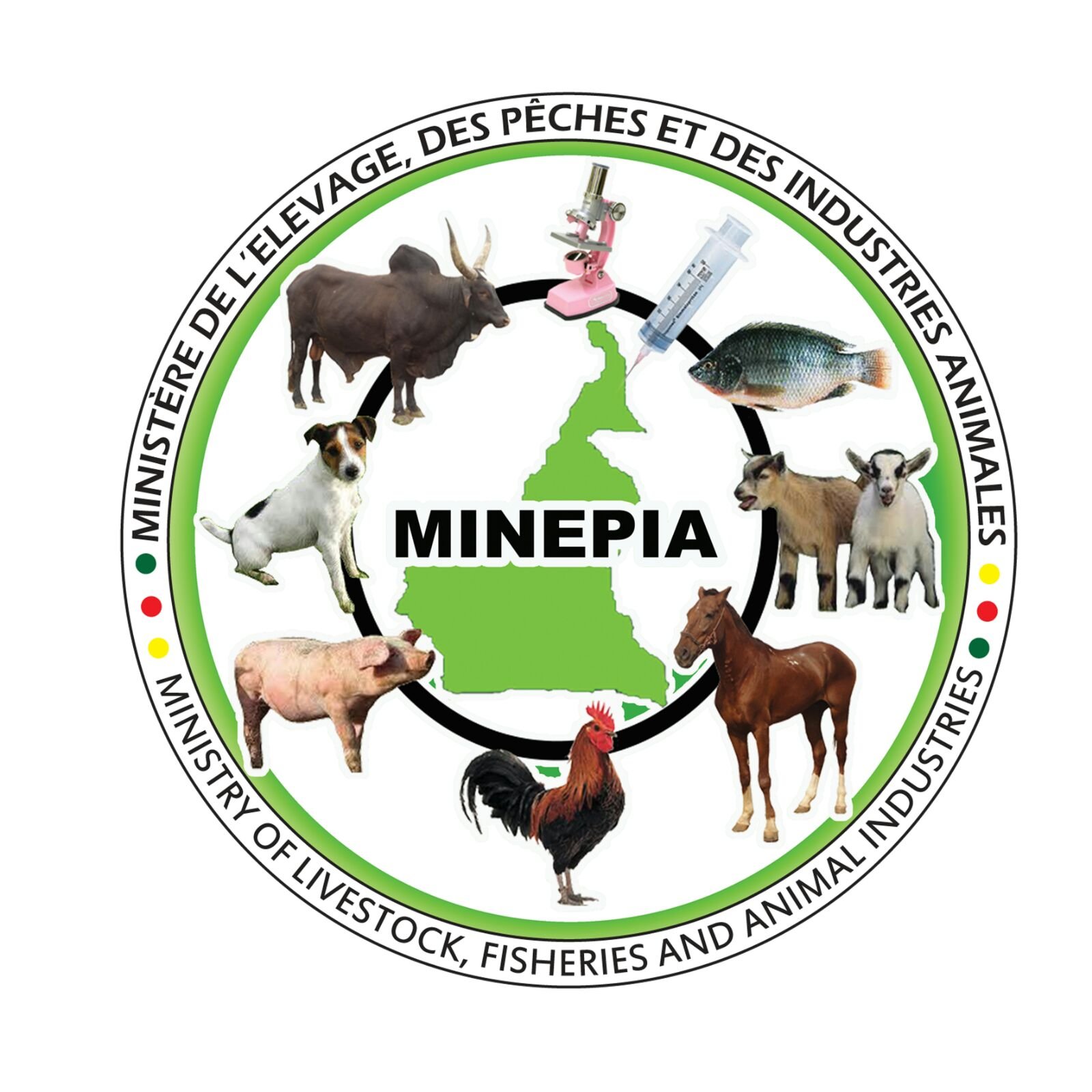
.jpg)







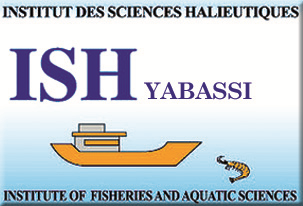

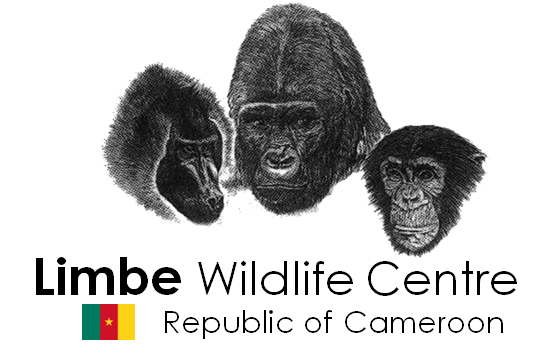


.jpeg)
.jpeg)

